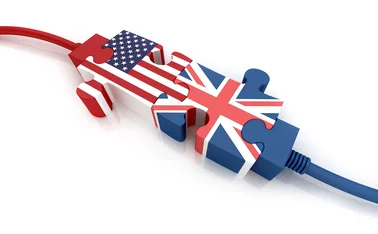
Recovering service.
Despite the high chances of experiencing a disaster, the majority of businesses have no contingency plans at all and of those that do many are totally inadequate. Roger Thrift explains some factors to consider and improvements to make in this area of the insurance sector.
The recent fuel crisis was a classic example of how organisations canbe brought to the brink of disaster by developments that are out of their
control. Every year, companies are faced with disasters that could have a
profoundly detrimental effect on their operations and could even lead to
their failure. Despite this, many continue to ignore the importance of
assessing the many risks they face and, therefore, have inadequate
contingency plans and insurance.
One in five medium sized businesses can
Only users who have a paid subscription or are part of a corporate subscription are able to print or copy content.
To access these options, along with all other subscription benefits, please contact info@insuranceage.co.uk.
You are currently unable to print this content. Please contact info@insuranceage.co.uk to find out more.
You are currently unable to copy this content. Please contact info@insuranceage.co.uk to find out more.
Copyright Infopro Digital Limited. All rights reserved.
As outlined in our terms and conditions, https://www.infopro-digital.com/terms-and-conditions/subscriptions/ (point 2.4), printing is limited to a single copy.
If you would like to purchase additional rights please email info@insuranceage.co.uk
Copyright Infopro Digital Limited. All rights reserved.
You may share this content using our article tools. As outlined in our terms and conditions, https://www.infopro-digital.com/terms-and-conditions/subscriptions/ (clause 2.4), an Authorised User may only make one copy of the materials for their own personal use. You must also comply with the restrictions in clause 2.5.
If you would like to purchase additional rights please email info@insuranceage.co.uk







